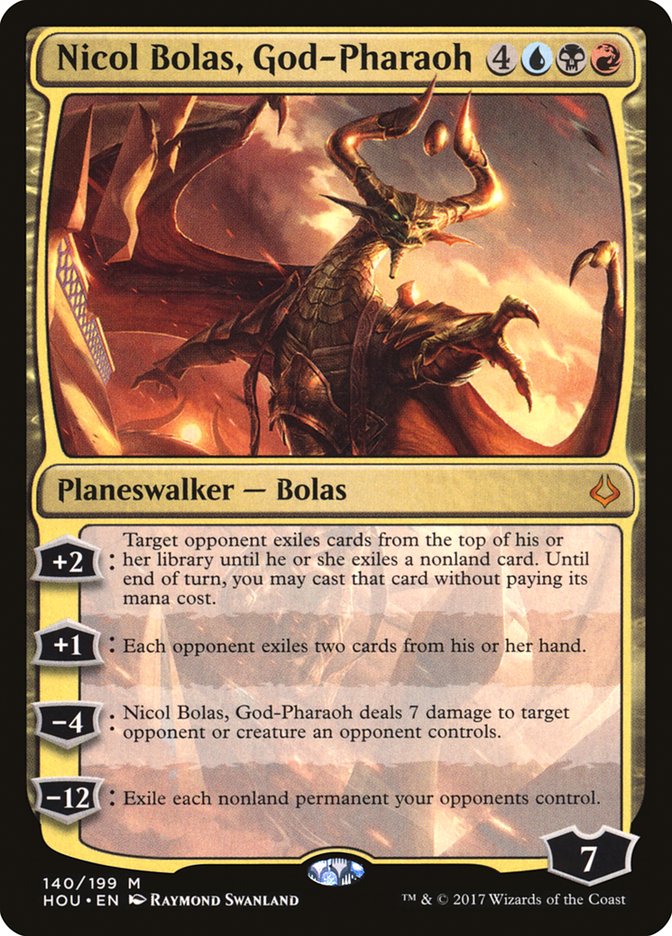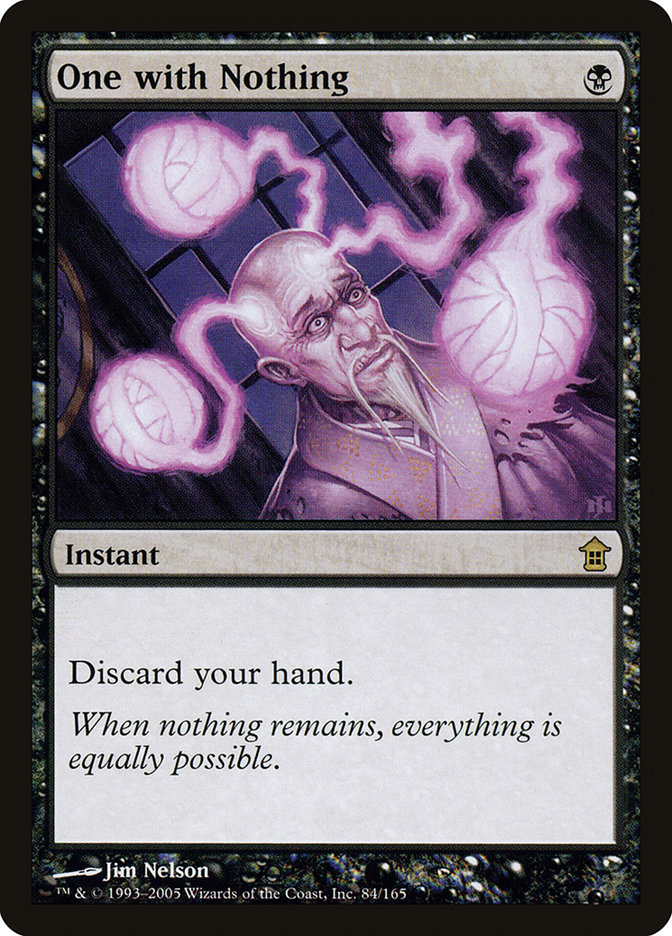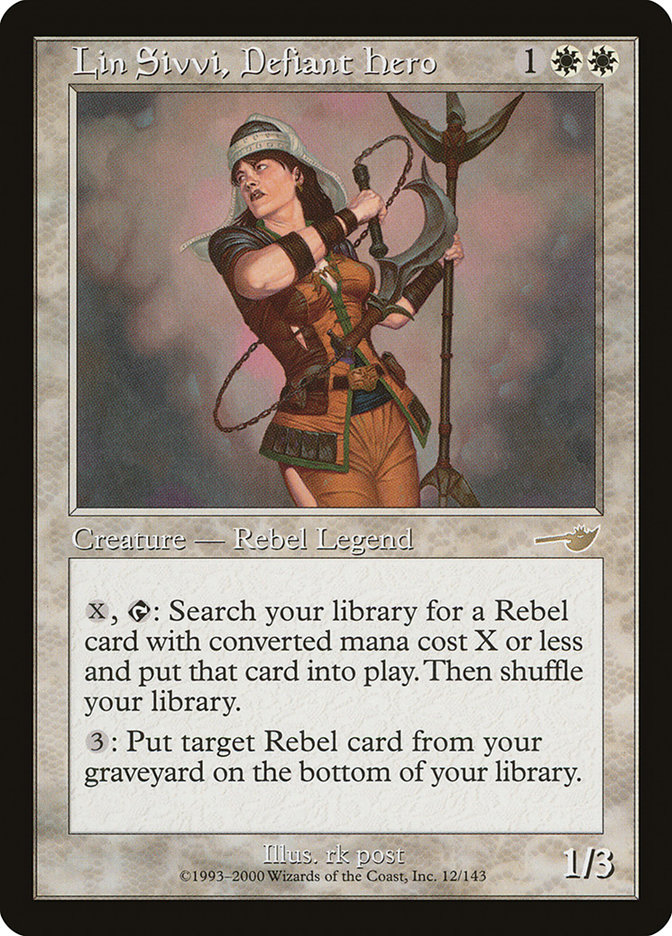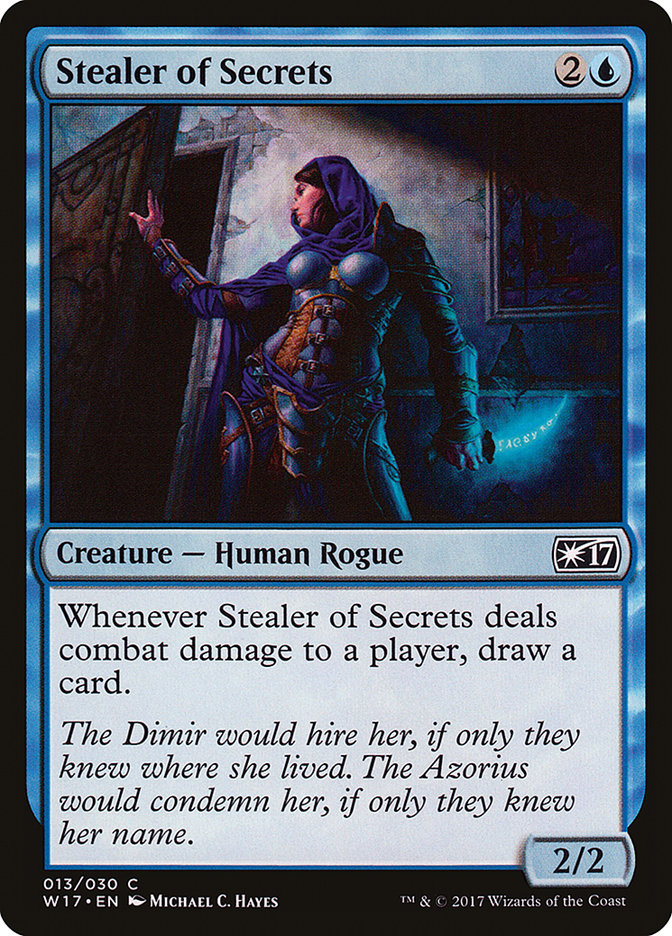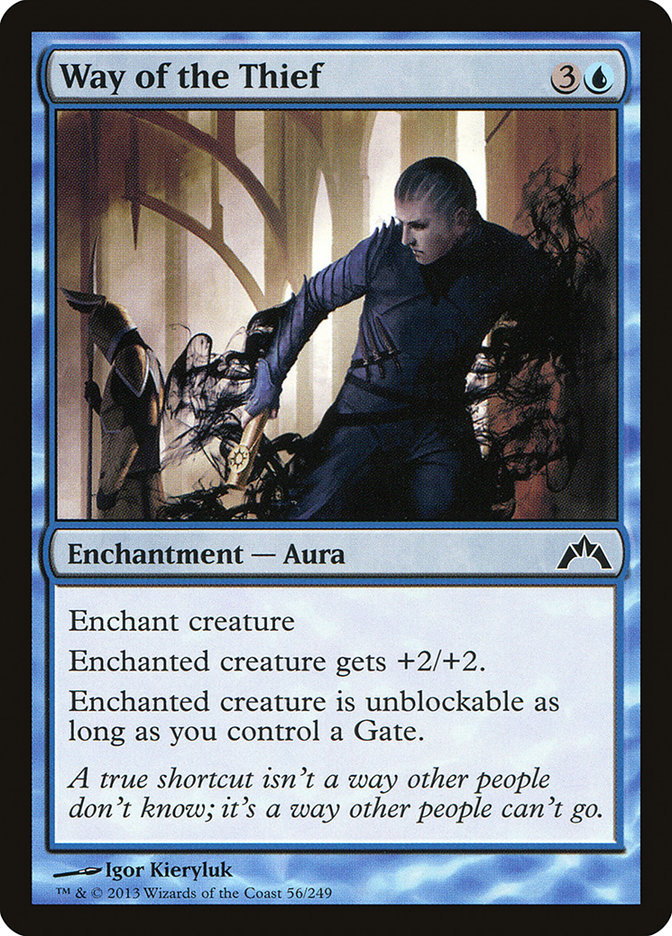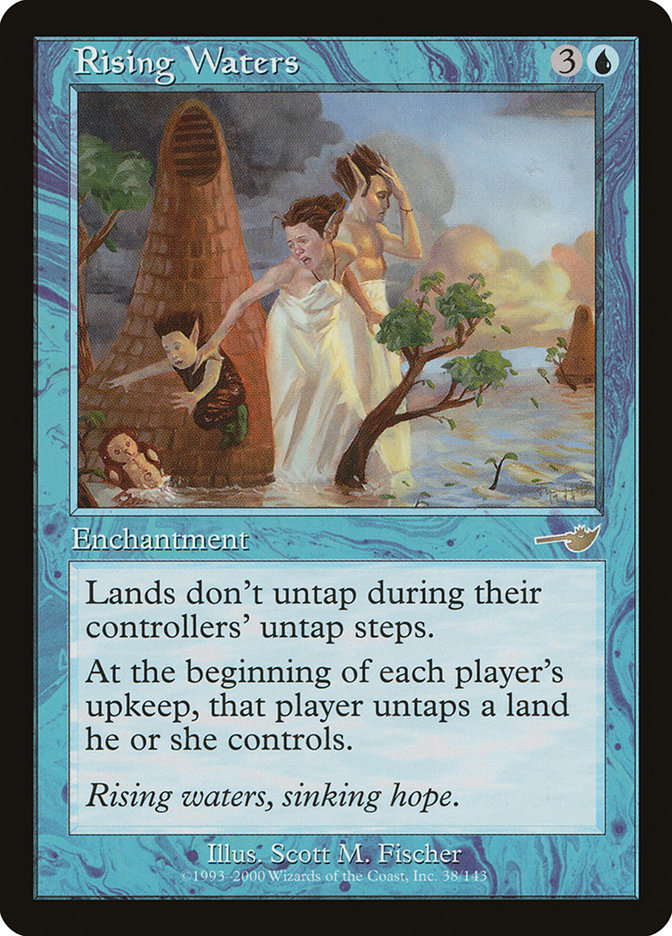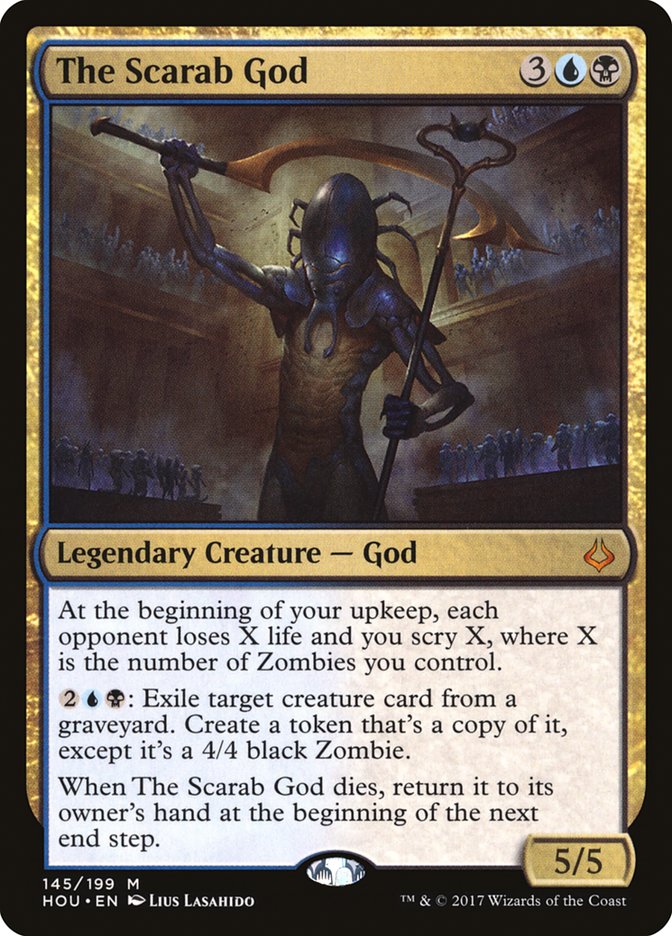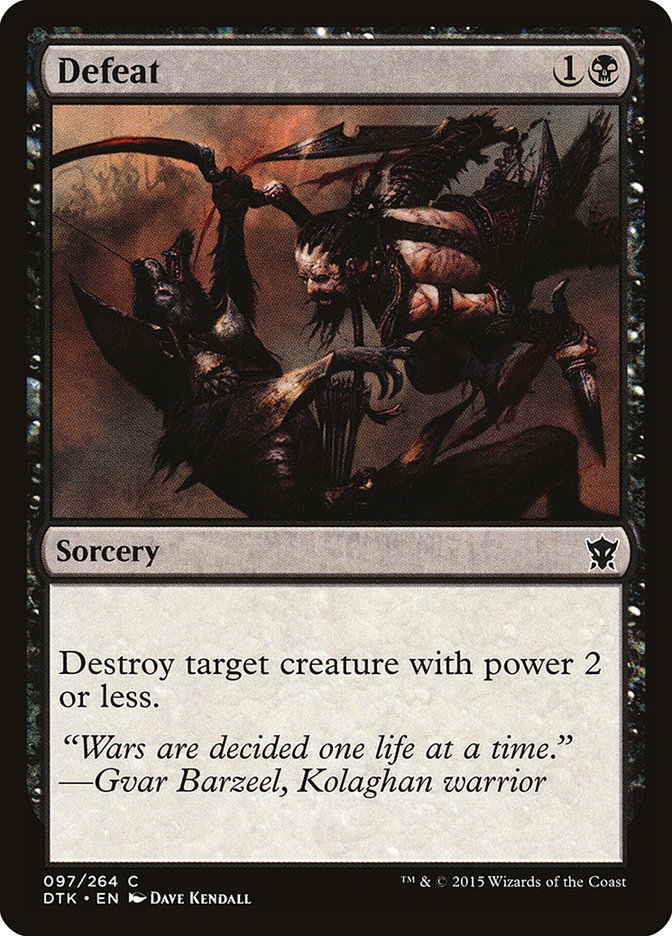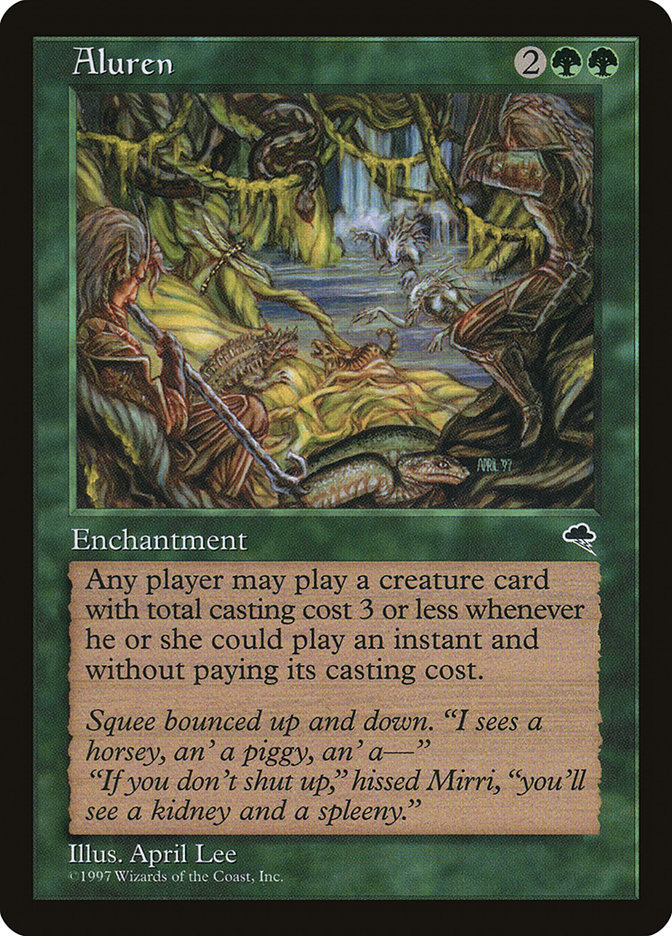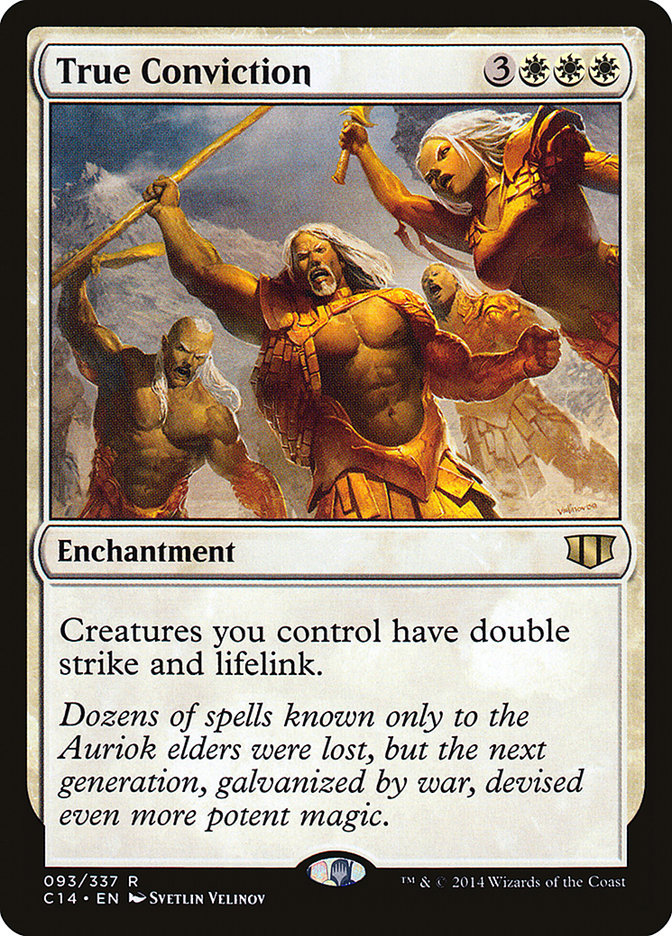It’s been a minute since I wrote about how the Hour of Devastation leaks had harmed the set’s pre-order prices. Based on the comments section back then, many of you didn’t agree with me. In retrospect, I may have hit this point a bit too hard—the lack of a second clear chase mythic and the state of Standard in the year and change prior probably had more to do with the set’s weak reception than the leaks did. Either way, The Scarab God has hopefully taught us something in the process.
Please call if seen.
I still believe that the Hour of Devastation leaks caused noticeable harm, though, and that future leaks are likely to do the same. This is something we all need to think about, since Ixalan may have suffered a similar fate to some degree. If you’re not sure why leaks are both wrong and financially damaging, allow me to try to persuade you, starting with the biggest pro-leak argument that I continue to see:
“But Information Wants to Be Free!”
Internet culture has a long history of being defiantly disruptive, especially when it comes to freedom of information. I remember logging onto Napster for the first time as a teen and realizing that I never had to drop $18 on a mediocre CD ever again. The same thing happened when someone on my university file-sharing program let me steal the entire run of Seinfeld from his hard drive. No TV commercials ever again? Sign me up!
It’s just a show about nothing.
Even as a content creator on a subscription service, I’ve always felt something of a kinship with the pirates (how appropriate for Ixalan!). The campaign against “them” was out of touch and laughably over-the-top, equating the copying of a song or move with the theft of a physical product. (“You wouldn’t download a car!”) More than anything, it felt like pirating media was a message to the powers-that-be that we no longer okay with endless unskippable commercials on our $20 DVDs, albums with only one decent track, outrageous rental fees, and so much more.
Some artists, like Wilco’s Jeff Tweedy, were actively pro-piracy because it opened up distribution channels for the band that they wouldn’t have had access to otherwise. And it worked—sort of. It’s harder than ever for artists to get paid, but the advent of streaming services has helped make better media more accessible than ever. In return, piracy is much less common than it was just four or five years ago.
Piracy isn’t the only front in the battle for freedom of information, though. Many of us internet natives idolize Edward Snowden, who gave up his freedom in order to reveal the extent of the NSA’s domestic spying program. Again, this situation is in a moral gray area, but it seems to pit powerful, established institutions against newer, nimbler ones.
Some companies have taken the approach that piracy is best combatted with ease of use. Steam is the largest digital distribution platform of video games and has been for over a decade, despite rising to prominence in the midst of the early piracy boom. If a product is easier to buy than to steal, it’s generally something that people will pay for.
Either way, it makes sense that people would apply the “free everything!” logic to the leaking of unreleased Magic cards. Like piracy, leaking cards is a crime that doesn’t really feel like theft since nobody’s physical property is actually being stolen. Like with Snowden, leaking is an act that feels defiantly powerful—stealing secret information from those who have it and giving it to those who don’t.
It’s easy to wave away the anti-leakers because their argument sounds tired and familiar. Of course I’d download a car! And aren’t we better off knowing that the government is monitoring our cell phone calls?
Here’s the difference, though: all of the information in the leaks that happen with Magic? It was going to be given to all of us by Wizards of the Coast. For free. You just had to wait a few weeks. This isn’t piracy, where you’re fighting against an outdated cabal of cultural gatekeepers. This isn’t whistleblowing, where you’re providing the people with information that would otherwise be kept under wraps forever. The only thing being “disrupted” when a card is leaked is Wizards of the Coast’s ability to control when and how we get to see it. The leakers aren’t Edward Snowden—they’re a kid ripping into their entire family’s Christmas presents on December 10th, or someone showing everyone in line at the theater the last five minutes of the movie on their cell phone.
“But Leaks Haven’t Hurt Sales in the Past!”
I keep hearing this argument, but…how do you know?
Do you have Wizards of the Coast’s sales numbers? Can you separate out the damage done by leaks from the damage done by sub-par design, a bad Standard environment, a mediocre Draft format, or any of the other 60 dozen factors that might cause a set to sell fewer booster packs than it would have otherwise? I can’t. I don’t have any idea how well Oath of the Gatewatch or New Phyrexia would have sold if there had been fewer leaks. Neither do you.
“But If We’re Going to See All These Cards Anyway, What Harm Can Leaks Do?”
If previews didn’t work, Wizards of the Coast wouldn’t do them. They’re a card company—their only real goal is to sell more cards. Commissioning writers, planning schedules, creating elaborate community roll-outs…these things take time and money to pull off. If Wizards of the Coast didn’t think it was necessary, we’d just get the visual spoiler dumped on us a couple of weeks before the set released.
The biggest reason why leaks are harmful? Timing.
In some fields, marketers have turned this into an exact science. Think about how tentpole movies like Star Wars are teased: we get a teaser trailer about a year out, another one about six months out, a full trailer two to three months out, and then a ramping up of TV ads, posters, billboards, and talk show appearances in the weeks leading up to a film’s release. This process has been perfectly engineered to create a wave of hype that will hit you exactly when the film is released—no sooner, no later. This is a delicate process, and I’m sure you can remember a film or two that you adamantly refused to see because you were burnt out on the marketing before the film was even released. Our attention span is limited, especially when we’re shown things that we can’t have.
This is equally true in Magic, where the power level of a leaked chase card will be discussed again, and again, and again, and again, sometimes for weeks or months before the set is actually released. I loved Nicol Bolas, God-Pharaoh, but I was already kind of sick of him by the time I started reviewing the rest of Hour of Devastation. If I’d only learned about him the week or so before the set came out, I’d have been so much more excited about my chances of opening him at the Prerelease.
Not only did the Hour of Devastation leak prevent me from being excited about the set’s chase cards during the preview period, it actively made Wizards of the Coast’s two-week preview period feel worse. Since the preview periods for most sets do contain Bolas-level reveals, the fact that nothing else that powerful was lurking inside Hour of Devastation made the set feel less cool than it actually is. And yeah, maybe Hour wasn’t the most powerful set ever, but I can remember the same feeling happening to me every time too many of an expansion’s best cards are revealed too soon.
And maybe it’s a bit too deep, since we lack definites, but if more of the set was opened, how many more copies of The Scarab God would be in circulation right now?
The other major problem with these type of leaks? Context. For many players, the context in which they see a card for the first time ends up having a major effect on their appreciation of it. There’s a reason why Wizards of the Coast spends a lot of time distributing preview cards to various writers, podcasters, and YouTubers in the Magic community: they know that these people will work tirelessly to show the world everything that’s fun and interesting about them.
Leaks shatter this process. How many times have you been inspired to build a new deck because of a really awesome preview article? And how many times have you been inspired to build a new deck because of some blurry photo that was leaked two months in advance? Exactly.
Without context, leaks can paint good cards in a bad light. A killer combo piece might look like garbage if you haven’t seen its counterpoint yet. Even worse, many good planeswalkers seem underwhelming when compared to the half-dozen fake “leaks” that always seem to hit Twitter around the same time. If you see a bunch of four-mana Nicol Bolas planeswalkers that win the game immediately when you cast them, aren’t you going to be disappointed when you learn out which of the “leaks” turned out to be real?
As someone who has “previewed” a previously leaked card for Wizards of the Coast, I can tell you that it’s difficult to write about that card as if I were introducing it to the world for the first time. I knew that a certain number of people would get to my article, realize that they’d seen the card already, and instantly click away.
Not only is this demoralizing for content creators, it’s harmful to the creative community at large. Preview cards guarantee new readers or viewers, and they’re a big reason why I’ve discovered some of my favorite writers and podcasters. Every card that’s leaked represents the loss of a potential connection between a great Magic writer and the growth of their audience. This might not translate into direct sales, but continued community engagement is vital for the health of the player base.
“But Why Should I Care? Don’t Leaks Just Mean Lower Prices on Cards I Want to Buy?”
On an existential level, leaks are harmful to Magic’s future. In a game like ours, excitement is everything. Excitement drives people down to the local game store for a Prerelease, a draft, a Standard tournament, or just a few extra packs. Excitement causes people to teach their friends how to play. Excitement causes people to read articles, or watch videos, or create their own creative content. Leaks dampen excitement. They’re the enemy of fun.
On a smaller scale, leaks destroy the idea of a level playing field when it comes to speculation. If someone or some group has inside information before everyone else, they can act on it uncontested. Remember when Aluren was mysteriously bought out a few days before we all learned that Imperial Recruiter was going to be reprinted as a Judge foil? The more leaks there are, the more chances for shenanigans like that.
“But I’m Not the One Doing the Leaking! I Can’t Just Ignore Them! How Should I React?”
I’d like to tell you not to look at the leaks at all, but that’s unrealistic. It’s equally impossible for me to completely ignore them in my financial coverage—I haven’t spent much time directly covering these instances over the last few years, but I’ve mentioned existing cards that have spiked in price because of them.
First: if you come across any leaks, don’t share them. Don’t post them on Reddit, don’t retweet or reblog them, don’t stick them on your local game store’s Facebook group, and don’t start a discussion thread.
It’s impossible to completely stop the flow of information once it reaches the internet, but the fact that these cards end up ricocheting around the blogosphere at hypersonic speed is a big part of why people leak in the first place. Leakers want to cause a social media stir. They need these leaks to be a big deal. The less we all agree to say about them, the less incentivized they’ll be to leak in the future. The Magic community is smaller than you think. If you’re reading this, you can be a part of the solution.
Second: don’t talk about the leakers like they’re doing us any favors. Don’t mention their usernames. Don’t treat them like Snowden-esque figures of new media freedom. They’re our enemies. What they do hurts the game, and does not help it. They’re not “scooping” Wizards of the Coast—they’re sapping our excitement for the latest set. If we can shift the community tenor in this direction, fewer people will feel incentivized to leak cards. Most of them are doing it because it makes them feel like a hero. Disabuse them of this notion.
I know this column was light on the nuts-and-bolts financial advice, but it’s important that all of us act as stewards of the game we love. If you care about the value of your collection, this is an issue that affects you. If you care about your continued ability to fairly speculate on cards, this is an issue that affects you. If you care about having lots of people to trade with down at your local game store, this is an issue that affects you. Let’s make the future better about this than the recent past has been.


